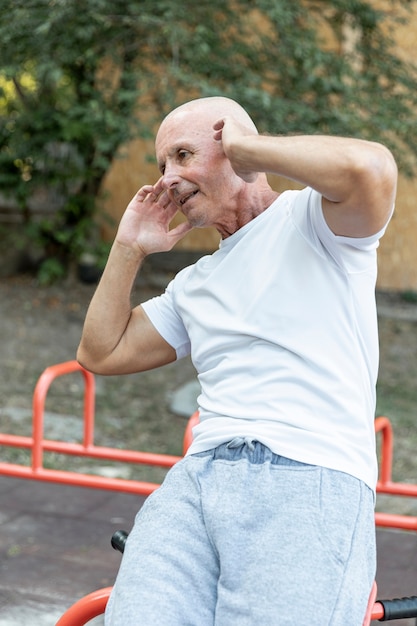

Let’s dive into what Parkinson’s disease really is – a condition that many people across the country don’t fully understand.
You may have heard of Parkinson’s disease because some very famous people, like Muhammad Ali, Michael J. Fox, and Bob Hoskins, have it. However, despite this high-profile attention, many people still don’t really know what Parkinson’s is all about.
A recent report found that people with Parkinson’s often face discrimination because folks don’t understand the disease’s impact. Most of this discrimination isn’t out of malice but comes from a simple lack of awareness.
From April 15-21, Parkinson’s UK focused on tackling this issue through Parkinson’s Awareness Week. The charity encourages everyone to try to understand what life is like for those living with Parkinson’s, promoting education as the first step toward better awareness.
Understanding the Disease and Its Symptoms
Parkinson’s disease happens due to the loss of brain cells that produce dopamine, which is crucial for controlling movement. With less dopamine, movement becomes difficult, leading to several symptoms:
– Muscle tremors and shaking, especially when at rest
– Unsteady balance
– Slow movement
– Changes in speech
– Loss of facial expression
As the disease progresses, it can lead to a gradual loss of many physical functions, profoundly affecting the daily lives of those in advanced stages.
Treating Parkinson’s
Though there is no cure for Parkinson’s, various treatments aim to increase dopamine levels in the brain. These treatments usually fall into two categories: medication and surgery.
Medications: Several drugs are used to slow Parkinson’s progression and manage its symptoms, most effectively those that replace the missing dopamine. However, these drugs can have significant side effects.
Surgery: When medications start to lose their effectiveness, surgery might be an option. The most common procedure is deep brain stimulation, which involves placing electrodes in parts of the brain that control movement. These electrodes send tiny electrical currents to stimulate those areas.
Both medications and surgery are vital in helping people with Parkinson’s manage the disease. Additionally, raising public awareness about Parkinson’s is crucial in supporting those who live with it.
Raising Awareness
Now that you have a basic understanding of Parkinson’s, you can help spread awareness in various ways. Simply talking about the disease can make a big difference.
While many famous people have Parkinson’s, conversations about them often end with a sympathetic, brief comment. Instead, use these moments to educate others about the reality of Parkinson’s, which can help people recognize and better respond to the disease.
You can also take more active steps, like raising money for research and supporting charities like Parkinson’s UK, which work to improve the lives of those with Parkinson’s.
How will you contribute to the fight against Parkinson’s?

